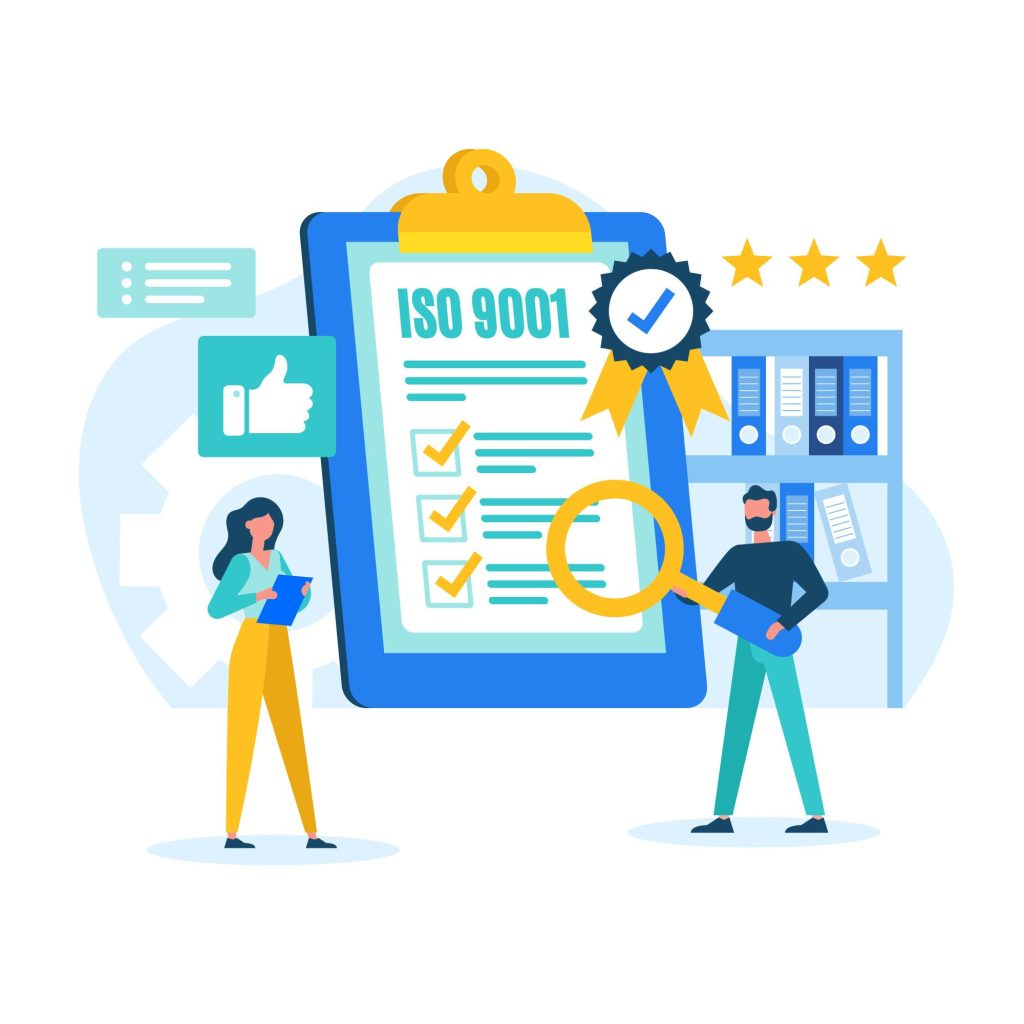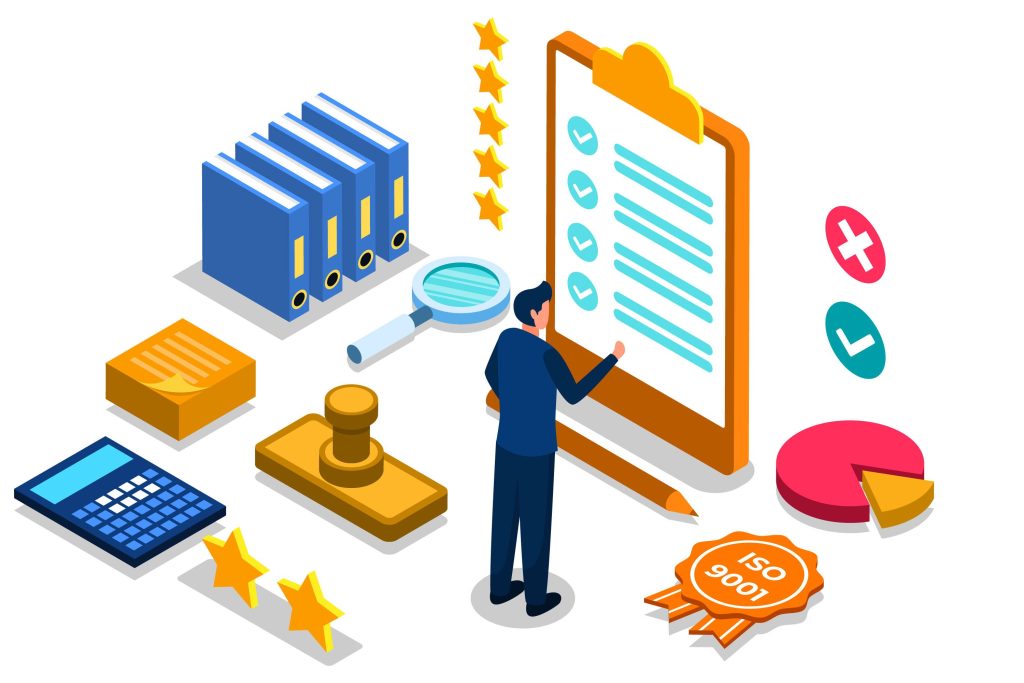Technology is growing globally, and this has increased the importance and demand of software development in the IT sector. This has made the role of full-stack quality assurance (SQA) increasingly important.
Full-stack quality assurance serves as a role to ensure the quality of a software product starting from the initial development process till the end of the process.
With the advancement in the IT sector, one of the new upcoming jobs was a tester, which was later named full-stack quality assurance. In the beginning, this term was used for developers. so full-stack developers were those developers who worked on the front-end and back-end. In a similar vein, QA engineers with expertise in all aspects of quality assurance are referred to as “Full Stack QA.” Nowadays, hiring firms prefer applicants who are “Jacks of all trades” to those who are “Masters of just one trade.”
What is Full-Stack Quality Assurance?
A professional is called a full-stack quality assurance engineer, who makes sure that the quality of the software is maintained. He does it by creating and taking tests. A full-stack QA is said to be an all-rounder, who serves in multiple platforms including testing, automation testing, security testing, and so forth.
He/she ought to likewise have the option to deal with the group and help the chief in his work job. The job of an SQA engineer is to guarantee that product items are liberated from blunders and capability accurately. They are accountable for analyzing test results, developing and implementing test plans, and reporting defects.

Characteristics of Full Stack QA:
1) Should be familiar with the terms used in the agile methodology.
2) Should be well-versed in manual testing.
3)Basic information on the programming language utilized in the undertaking.
4) Knowledge of databases and APIs
5) Knowledge of development operations is advantageous.
Learning Segment
You need a combination of technical and interpersonal abilities to become a full-stack SQA engineer. To become an SQA engineer, you must have the following skills:
Programming:
You ought to be ready to program in a minimum of one programming language, such as Java, C++, or Python. The SDLC, or Software Development Life Cycle: Mastering the software development life cycle serves as crucial for successful software testing.
Testing Methodologies:
It’s crucial to understand several testing procedures, such as white box, grey box, and black box testing, to choose the right one for each scenario.
Test Robotization:
Having the option to mechanize tests utilizing systems like Selenium or Appium is a fundamental ability for an SQA Designer.
Delicate Abilities:
An SQA Designer needs to have fantastic relational abilities to have the option to discuss actually with engineers, analyzers, and different partners.
Duties
The following are some of the duties that fall under the purview of the full-stack software quality assurance engineer:
- Someone who is responsible for establishing and carrying out quality assurance processes and making sure that the computer program being produced satisfies its quality standards. They may also develop or carry out testing plans and processes.
- Test case creation and ensuring proper execution fall within the purview of the Full Stack Software Quality Assurance Engineer. They may also work together with developers to identify and address bugs and other issues.
- Manual and automated software testing This individual is in charge of both manual and automated software testing. To computerize tests, they may use test mechanization frameworks such as Selenium or Appium.
- To ensure that the product meets the demands of developers, project managers, and other stakeholders, the full-stack product quality assurance engineer collaborates closely with them.
- Distinguishing and announcing deserts – This individual is liable for recognizing surrenders and different issues in the product and detailing them to suitable gatherings. They might also collaborate with developers to fix these problems.
- Reporting test results – The Full Stack Programming Quality Affirmation Designer is answerable for recording test results and conveying them to the fitting gatherings.

Skills
The full-stack programming quality affirmation designer ought to have the following abilities:
Knowledge of software development methodologies:
This person should know how to create software using Waterfall, Agile, and DevOps approaches.
Knowledge of software testing techniques:
This individual ought to be familiar with software testing techniques, including manual and automated testing.
Excellent communication abilities:
Since they will be working with developers, project managers, and other stakeholders, this person should be a skilled communicator.
Attention to detail:
The Full Stack Software Quality Assurance Engineer will be responsible for identifying software defects and other issues, so they should have a keen eye for detail.
Pros of Full-Stack QA
The advantage of ongoing education is that this position offers the opportunity to learn multiple technologies or tools. As made sense of before, a full-stack QA developer will be liable for both manual and mechanization testing.
On the off chance that you take a gander at the abilities referenced in the above segment, you can comprehend what kind of information a full-stack QA engineer is expected to have. For such a large number of abilities, you want to continue to master new abilities accessible in the market at customary spans and keep yourself refreshed.
Cons of Full-Stack QA
Overreliance on a single individual to complete all tasks Full-stack QA engineers can enjoy several advantages associated with their position, but they also face a heavy workload. Working in a light-footed group with the tension of persistent advancing alongside the utilization of existing information proficiently may make an additional layer of overextending.
Conclusion:
All in all, a full-stack SQA engineer assumes a pivotal part in guaranteeing that product items satisfy the expected quality guidelines. A combination of technical and soft skills, such as knowledge of programming, SDLC, and testing methodologies, and excellent communication skills, are required to become an SQA engineer. Moreover, you should know about various testing devices to perform different testing exercises. You can succeed as a full-stack SQA engineer by acquiring the necessary skills and knowledge.







